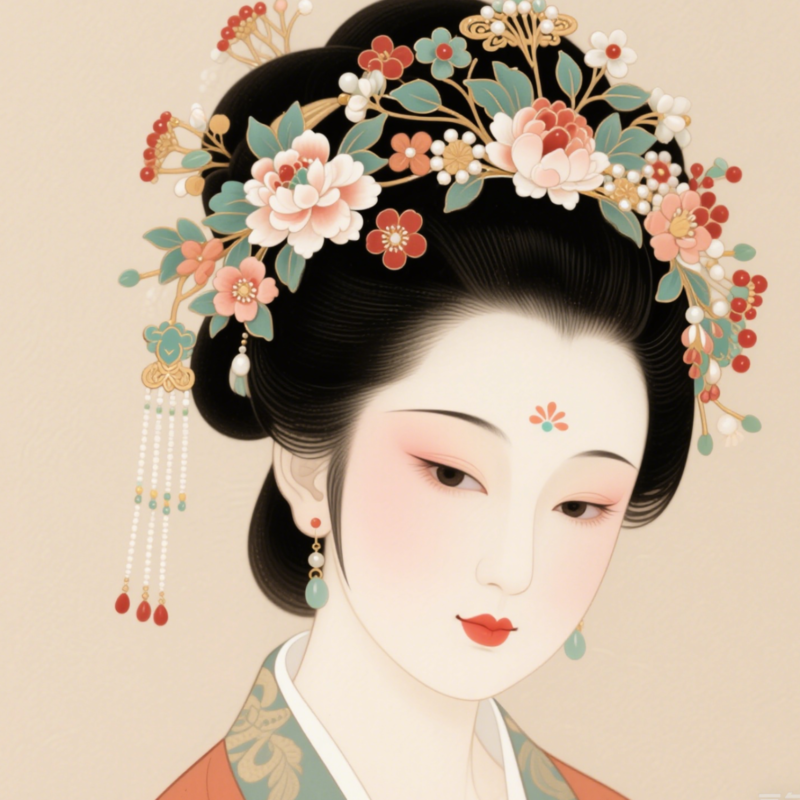

风筝,又称纸鸢,在中国已有两千多年的历史。
Kites, also known as paper kites, have a history of over 2000 years in China.
在古代,它们最初用于军事用途,比如传递消息和侦察敌情。
In ancient times, they were first used for military purposes, such as sending messages and spying on enemies.
后来,在一些民间传说中,它们逐渐成为娱乐工具。
Later, they gradually became a tool for entertainment in some local legends.
风筝也被视为驱邪避灾的象征。
Kites are also seen as symbols of warding off evil and bad luck.
人们在清明节放风筝,相信疾病和厄运能随着风筝飞向天空而被带走。
People fly kites during the Qingming Festival, believing that diseases and misfortunes can be flown away into the sky with the kites.
风筝是中国传统文化的重要组成部分,也是人类智慧与创造力的象征。
Kites are an important part of Chinese traditional culture and a symbol of human wisdom and creativity.
Key words
-military
1、形容词,意为 “军事的;军用的;军队的”,用于修饰与军队、战争、国防相关的事物,强调与军事行动、组织或功能的关联。
- 示例:
The country has increased its military spending this year.(该国今年增加了军费开支。)
He joined a military academy to become an officer.(他进入军事学院,立志成为一名军官。)
常见搭配:
- military forces(军队)
- military service(兵役)
- military strategy(军事战略)
- military equipment(军用装备)
- military base(军事基地)
2、作名词,通常用 the military 表示 “军队;军方”,指国家的武装力量(集合名词,单复数同形)。
- 示例:
The military was sent to help with the disaster relief.(军队被派去协助救灾。)
She has served in the military for 10 years.(她已在军队服役 10 年。)
-ward off
1、阻挡(物理攻击或威胁)指通过动作或手段挡开实际的攻击、碰撞等。
- 示例:
He raised his arm to ward off the punch.(他举起手臂挡开了那一拳。)
The shield was used to ward off arrows.(盾牌是用来挡箭的。)
2、避开(抽象的负面事物)用于描述避免疾病、麻烦、问题等非物理的威胁。
- 示例:
Eating vitamin C can help ward off colds.(吃维生素 C 有助于预防感冒。)
She tried to ward off criticism by explaining her actions.(她试图通过解释自己的行为来避开批评。)
常见搭配
- ward off danger(避开危险)
- ward off illness(预防疾病)
- ward off bad luck(避邪;避开厄运)
- ward off mosquitoes(驱赶蚊子)
- ward off questions(回避问题)
/
这里是英语话中国栏目,用英语讲述中国故事
在了解中国文化的同时提高自己的英语水平
我是热爱传统文化的Caroline,欢迎大家关注
空空如也
暂无小宇宙热门评论

